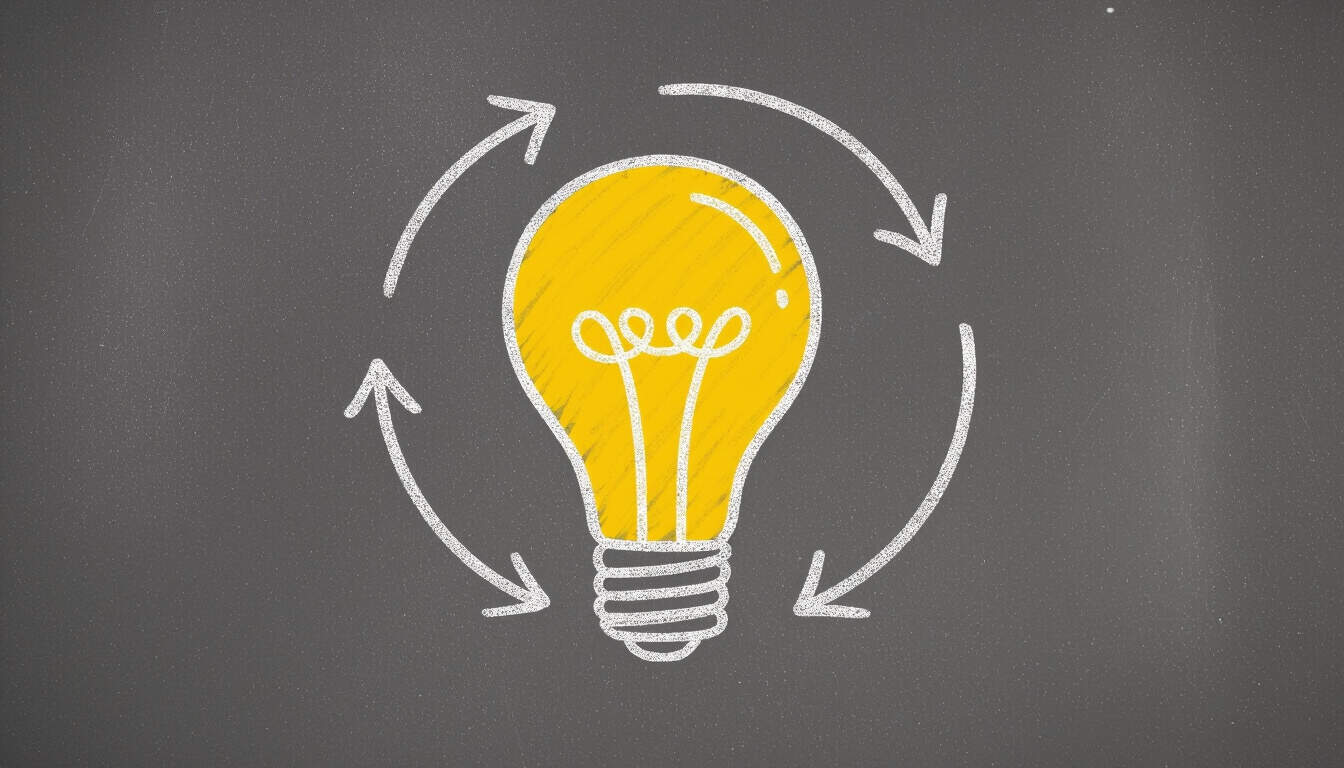The Lean Startup Approach as a Mental Model
 by Marlene Keeling
by Marlene Keeling
The Lean Startup Approach offers a practical framework for innovation, focusing on testing ideas quickly and adapting based on feedback. This method helps reduce waste and fosters continuous improvement in various fields, making it essential for modern problem-solving and strategy development.

The Lean Startup Approach serves as an effective mental model for driving innovation and efficiency in projects. This method encourages a systematic way of developing ideas through experimentation and learning from results.
Origins of the Lean Startup
The concept emerged from entrepreneurial practices in the early 2000s, particularly influenced by software development. Eric Ries popularized it through his work, drawing from experiences in tech companies. By observing common pitfalls in new ventures, this approach promotes a cycle that tests assumptions early. For instance, startups often face uncertainty, and this model provides tools to address it.
Core Principles
At its heart, the Lean Startup involves a loop of building, measuring, and learning. First, individuals create a minimum viable product, or MVP, which is a basic version of an idea designed for quick testing. This step allows for gathering real-world data without over-investing resources. Once the MVP is out, the next phase is to measure outcomes through user feedback and key metrics.
Learning from these measurements leads to informed decisions, such as pivoting or persevering. For example, in business settings, teams use this to refine products based on what works. The iterative process ensures that efforts align with actual needs, reducing the risk of failure.
Applications in Daily Life and Business
This mental model extends beyond startups into broader areas like psychology and cognitive growth. In psychology, it mirrors how people build habits by testing small changes and adjusting based on outcomes. Professionals in various fields apply it to solve problems efficiently, such as in product design or personal development.
For business strategies, the approach aids in creating adaptable plans. A team might launch a pilot program to test market interest before full rollout. In cognitive development, it encourages lifelong learners to experiment with new skills, using feedback to improve. This way, the model fosters resilience and better decision-making.
Benefits of Implementing the Approach
Adopting this framework brings several advantages. It minimizes wasted effort by focusing on validated learning, leading to more sustainable growth. Individuals and teams often see improved creativity as they iterate on ideas. Additionally, it builds a culture of adaptability, which is crucial in dynamic environments.
For curious individuals, applying the Lean Startup can enhance problem-solving skills. By breaking down complex tasks into manageable steps, one gains confidence in handling challenges. Practical tips include setting clear goals for experiments and tracking progress regularly.
Practical Examples and Tips
To put this into action, start with identifying key assumptions in your project. Then, build a simple prototype to test those assumptions. After testing, analyze the results and make necessary adjustments. For instance, a writer might draft a short story and seek reader input before expanding it.
In professional contexts, teams can use tools like surveys or A/B testing to gather data. This feedback loop not only improves outcomes but also supports ongoing learning. Remember, the goal is continuous refinement rather than perfection from the start.
Overall, the Lean Startup Approach equips people with a valuable mindset for innovation. By emphasizing experimentation and adaptation, it helps turn ideas into reality effectively.
